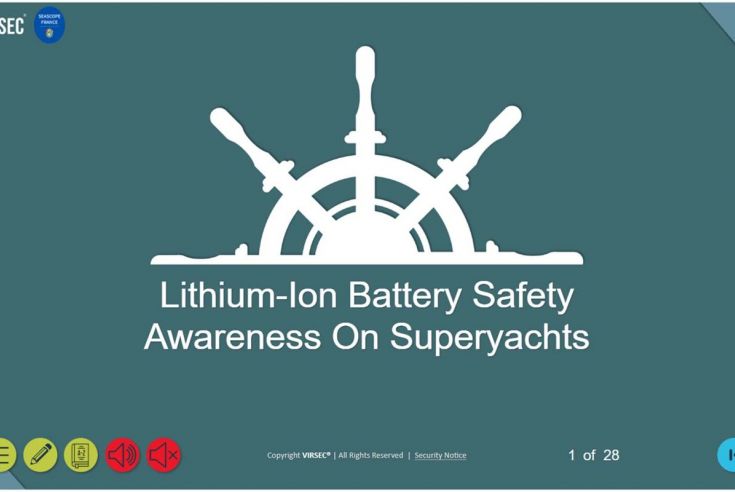Proficiency in Medical First Aid (A-VI/4 1-3)
101 Abercromby Business centre, 279 Abercromby Street, G40 2DD
600 GBP (£)
EnquireSchool Glasgow Maritime Academy
Location 101 Abercromby Business centre, 279 A...
Duration 4 day(s)
Dates Contact for more info
Accommodation None Included
Entry Requirements - There are no pre-requisites in terms of prior training. Learners who hold a certifi cate in Elementary First Aid must undertake this training in full in order to update and extend their knowledge and skills in current medical fi rst aid procedures.
Course Description
The Aim of the course is to give seafarers who are designated to provide medical fi rst aid on board ship the essential education and training to meet the Knowledge, Understanding and Profi ciency (KUP) requirements set out in the following:
Table A-VI/4-1
Function: Medical first aid
Competence: Apply immediate fi rst aid in the event of accident or illness on board
Course Structure
The following general principles will be covered over the duration of this course:
1. Describe body structure and functions relating to immediate fi rst aid.
2. List the contents of the fi rst aid kit and demonstrate use of the equipment..
3. Describe use of the Medical First Aid Guide, including treatment required as a result of accidents involving dangerous goods.
4. Identify the immediate measures to be taken when accidents, medical emergencies or illnesses occur, including prioritising actions to be taken and minimising risk of harm to self and casualty.
5. Describe how to manage illness on board.
6. Describe the procedures for maintaining hygiene when undertaking fi rst aid, and demonstrate correct hand washing techniques.
7. Demonstrate maintenance of airway, breathing and circulation in a casualty requiring
resuscitation, and an unconscious or choking casualty – including carrying out cardio-pulmonary resuscitation.
8. Demonstrate how to give appropriate fi rst aid in accordance with recognised principles for illnesses related to chest pain, breathing problems, hypoglycaemia and poisoning.
9. Explain the procedures for getting radio medical advice and identify the information that needs to be provided to enable the most appropriate advice to be given.
10. Describe cause and recognition of shock and demonstrate its management.
11. Describe external and internal types of bleeding and demonstrate their control and management.
12. Describe how to identify the causes and severity of common types of burns and demonstrate their immediate management.
13. Describe the effect of extremes of heat and cold and demonstrate the management of related conditions, including heat exhaustion, heat stroke and hypothermia.
14. Describe types of spinal and musculo-skeletal injuries and demonstrate their immediate management.
15. Describe types of injury related to the head, chest and abdomen and demonstrate their management.
16. Demonstrate methods of caring for and monitoring ill persons.
17. Identify casualty rescue requirements and demonstrate appropriate transportation techniques.




